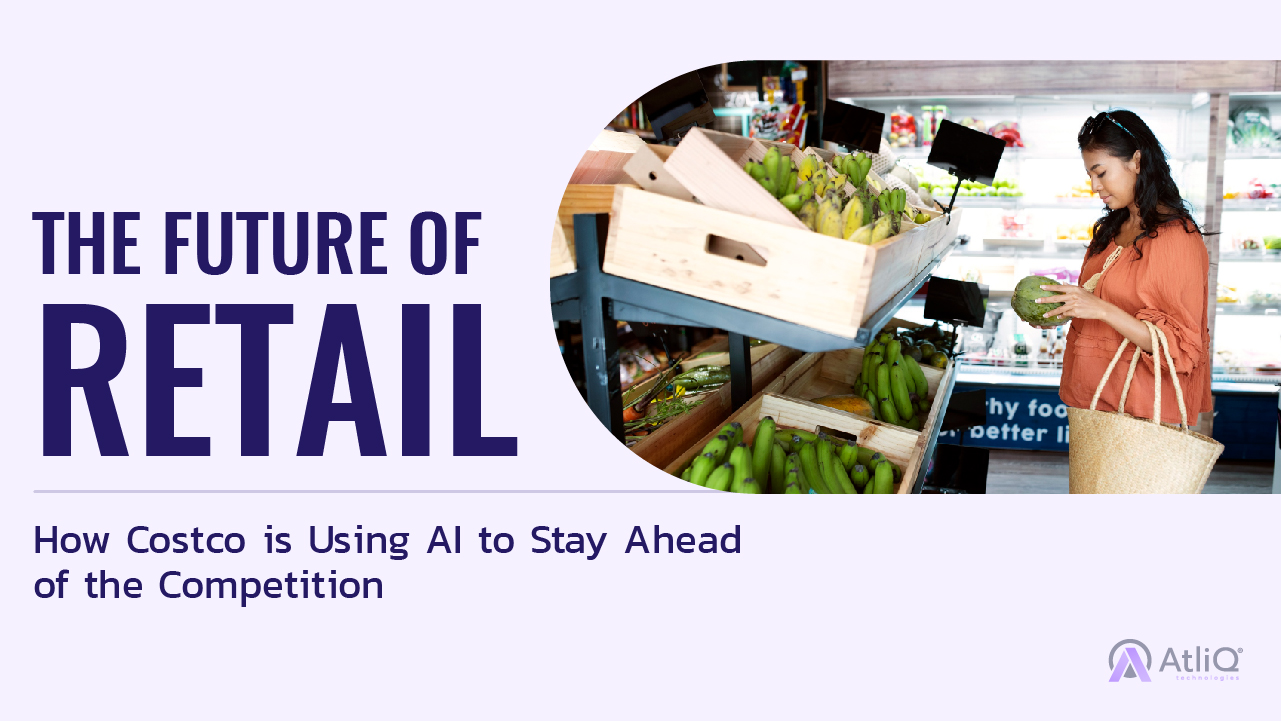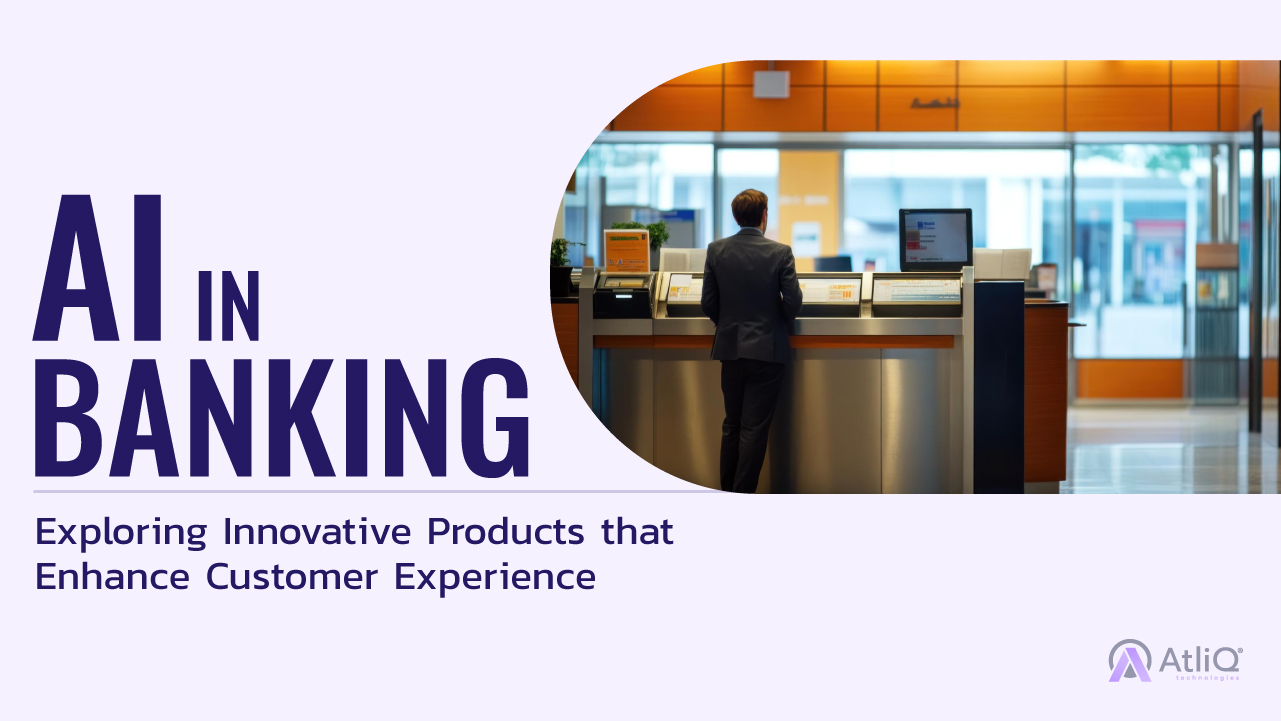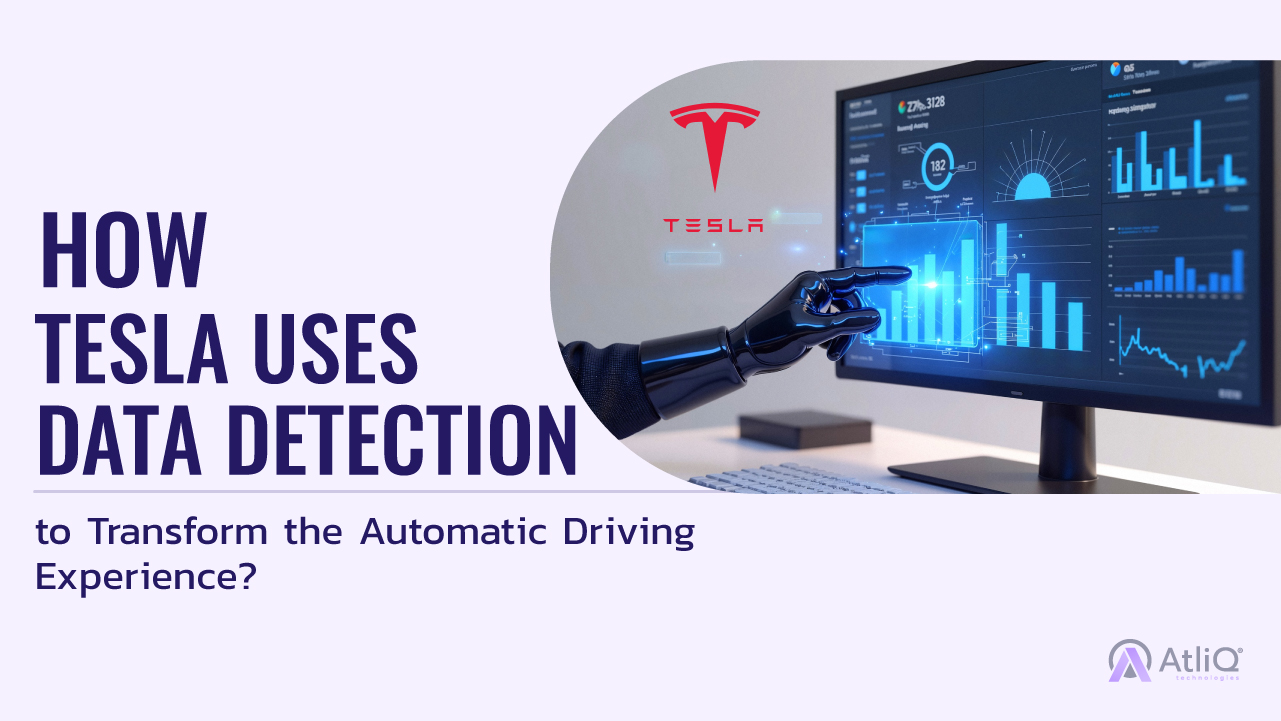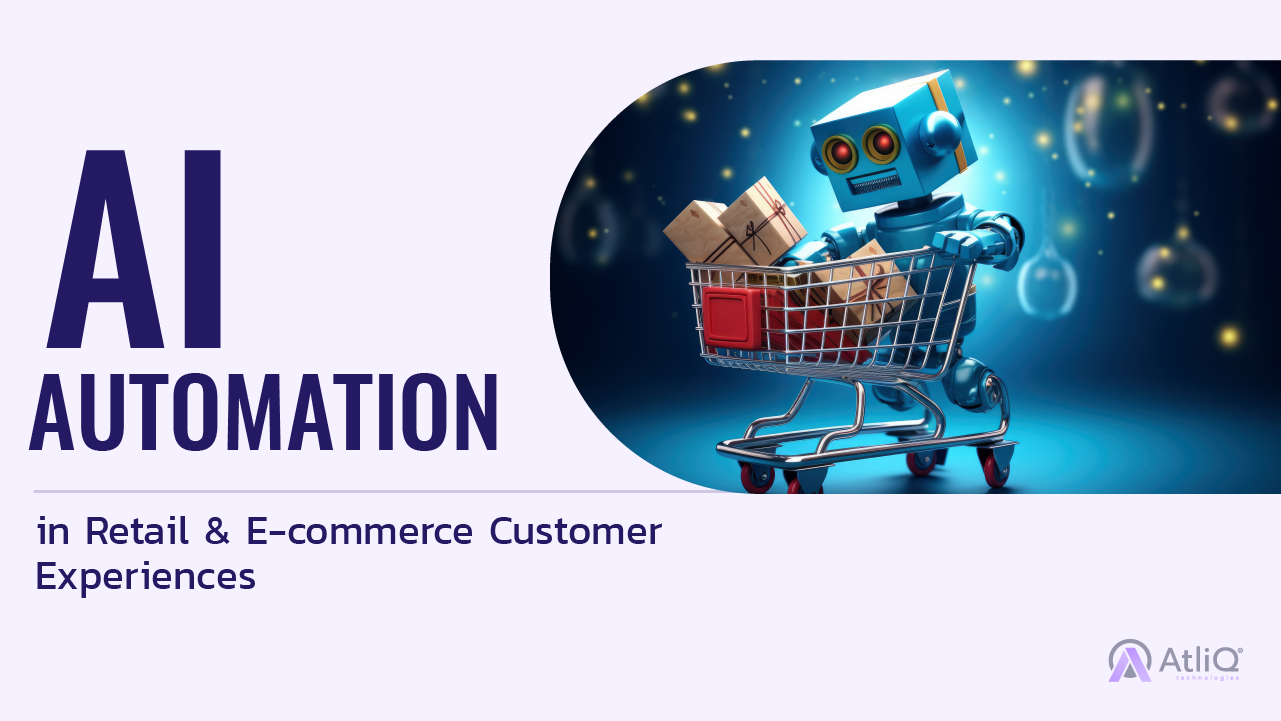
Imagine walking into a store where the shelves are always stocked with exactly what you need, customer service is available 24/7, and the checkout process is seamless and swift. This is not a futuristic dream but the present reality, thanks to the rapid growth of artificial intelligence (AI) in retail and e-commerce. In fact, according to a recent report by Gartner, by 2025, AI will handle 95% of retail customer interactions, transforming how we shop and interact with brands.
AI automation is revolutionizing the retail and e-commerce landscape, enhancing the customer experience in ways we couldn’t have imagined just a few years ago. From personalized product recommendations to efficient inventory management, AI is at the forefront of this transformation, making shopping more intuitive, personalized, and efficient.
This blog will explore the various facets of AI’s impact on retail and e-commerce. We will explore how AI enhances customer service through chatbots and virtual assistants, streamlining operations with predictive analytics, and revolutionizing the shopping experience with technologies like augmented reality. We’ll also discuss the critical role of AI in ensuring security and fraud prevention, the challenges and ethical considerations of its implementation, and the future trends that will continue to shape the industry.
The Rise of AI in Retail and E-commerce
Before the advent of AI, retail and e-commerce operated more traditionally and less dynamically. Physical stores relied heavily on in-person customer service, manual inventory management, and basic data analytics to understand customer preferences. E-commerce, while more data-driven, still depended on rudimentary algorithms for product recommendations and customer engagement, often resulting in a one-size-fits-all shopping experience.
Today, AI technologies are deeply integrated into the fabric of retail and e-commerce. AI-driven chatbots and virtual assistants provide instant customer support, while sophisticated algorithms analyze vast amounts of data to offer personalized product recommendations. Retailers use AI for efficient supply chain management, dynamic pricing, and predictive analytics, enabling them to anticipate customer needs and optimize operations. According to a recent study, over 60% of retailers have adopted AI in some form, with a significant focus on enhancing customer experience and operational efficiency.
The future of AI in retail and e-commerce looks promising, with continued advancements poised to further transform the industry. By 2025, it’s predicted that AI will manage the majority of customer interactions, making shopping more intuitive and personalized. Innovations such as AI-driven visual search, autonomous delivery systems, and enhanced augmented reality experiences are expected to become mainstream, providing even more seamless and engaging shopping experiences. The market for AI in retail is projected to grow exponentially, with investments in AI technologies expected to reach $12 billion by 2026, underscoring the pivotal role AI will play in the future of retail and e-commerce.
Enhancing Customer Service with AI
Chatbots and Virtual Assistants: AI-powered chatbots and virtual assistants have revolutionized customer service in retail and e-commerce by offering round-the-clock support. These intelligent systems can handle a wide range of customer queries, from simple FAQs to complex issues, with remarkable speed and accuracy. By leveraging natural language processing (NLP) and machine learning, chatbots can understand and respond to customer inquiries in real-time, providing instant resolutions and improving overall customer satisfaction. Virtual assistants, like Amazon’s Alexa and Google Assistant, also enhance the shopping experience by enabling voice-activated searches, purchases, and personalized recommendations.
Personalized Recommendations: Personalization is at the heart of modern customer service, and AI plays a crucial role in delivering tailored shopping experiences. By analyzing customer behavior, purchase history, and browsing patterns, AI algorithms can predict what products a customer is likely to be interested in. This enables retailers to offer personalized recommendations that resonate with individual preferences, driving higher engagement and sales. For example, AI can suggest complementary products or alternatives based on what similar customers have purchased, creating a more intuitive and satisfying shopping journey.
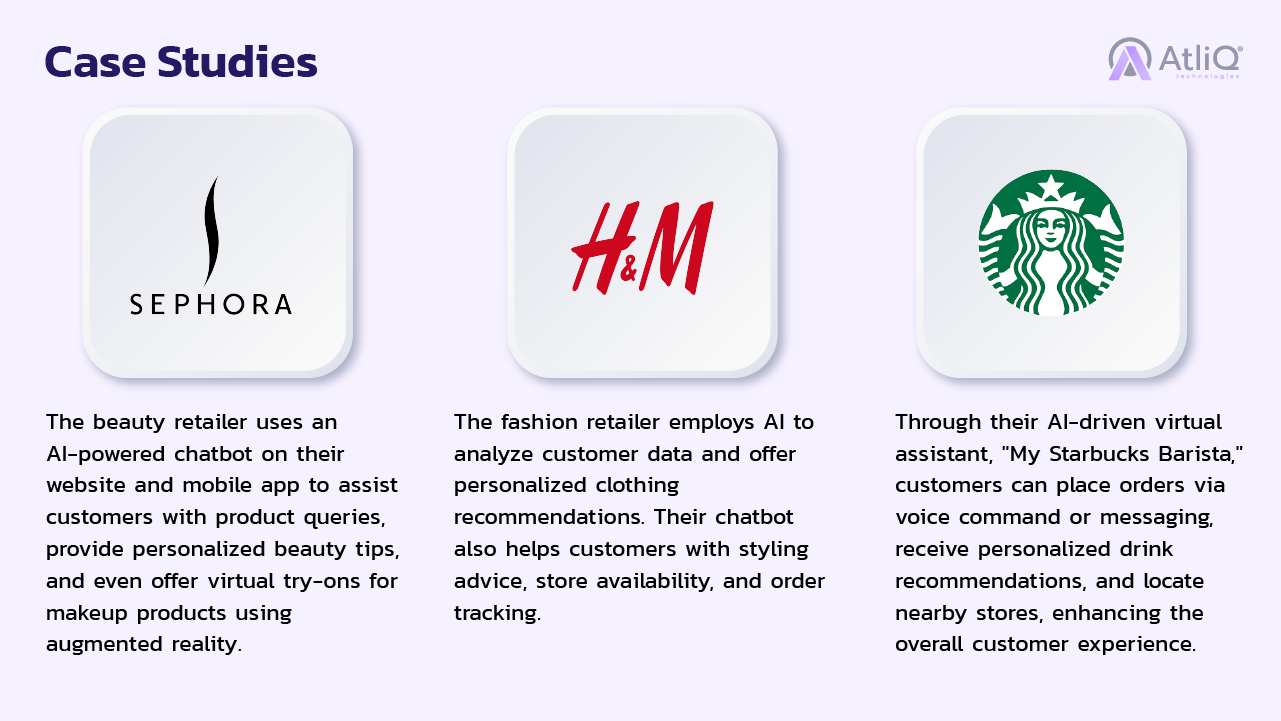
Streamlining Operations and Inventory Management
Automation of Supply Chain: AI is transforming supply chain operations and inventory management by automating and optimizing various processes. Traditional supply chains, often plagued by inefficiencies and manual errors, are becoming more agile and responsive with AI integration. AI-driven systems can monitor inventory levels in real time, predict stockouts, and automatically reorder products to maintain optimal stock levels. This ensures that retailers have the right products available at the right time, reducing excess inventory and minimizing waste. Additionally, AI can optimize routing and logistics, enhancing delivery speed and reducing transportation costs.
Predictive Analytics: Predictive analytics powered by AI is a game-changer for demand forecasting and inventory optimization. By analyzing historical sales data, market trends, and external factors such as weather patterns and economic indicators, AI can accurately predict future demand for products. This enables retailers to make informed decisions about inventory levels, reducing the risk of overstocking or understocking. AI algorithms can also identify patterns and anomalies in data, allowing retailers to anticipate demand spikes or declines and adjust their strategies accordingly. This level of precision in forecasting helps in maintaining a balanced inventory, improving customer satisfaction, and increasing profitability.
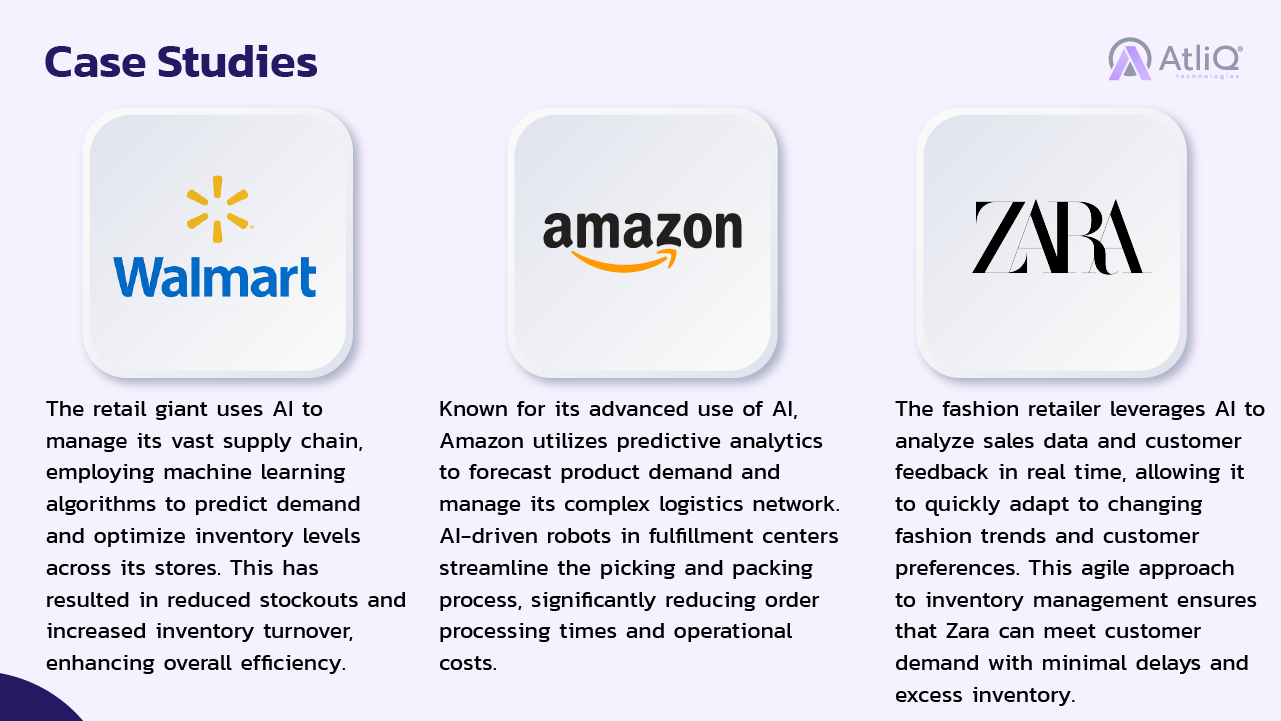
Enhancing the Shopping Experience
Virtual Try-Ons and Augmented Reality: AI-powered virtual try-ons and augmented reality (AR) are revolutionizing online shopping by making it more interactive. Virtual try-ons let customers see how products like clothing and makeup look on them without physical trials, using computer vision and facial recognition technology. AR apps, such as those from IKEA, enable customers to visualize how furniture fits in their homes. These technologies boost customer confidence and reduce returns.
Voice Commerce: Voice-activated shopping assistants like Amazon’s Alexa and Google Assistant are transforming shopping by allowing customers to search for products, place orders, and receive personalized recommendations through voice commands. This hands-free, convenient shopping experience is being adopted by retailers like Walmart and Target, who have integrated voice commerce into their platforms.
Customer Feedback and Sentiment Analysis: AI enhances product and service improvement by analyzing customer feedback through natural language processing (NLP) and machine learning. Retailers can identify common themes and sentiments from reviews and social media posts, gaining insights into customer preferences and pain points. This analysis helps brands like Nike quickly address issues, refine products, and enhance customer loyalty by understanding and responding to customer needs in real-time.
Security and Fraud Prevention
AI in Fraud Detection: AI is revolutionizing fraud detection in retail and e-commerce by identifying suspicious patterns and anomalies in real-time. Machine learning algorithms analyze transaction data to detect unusual behaviors, such as abnormal purchase patterns or discrepancies in addresses. Companies like PayPal and Mastercard use AI to monitor transactions and flag potential fraud, enhancing security for businesses and customers.
Secure Transactions: AI enhances transaction security through advanced authentication methods and real-time risk assessment. Biometric verification, such as facial recognition and fingerprint scanning, adds an extra layer of security. AI-driven dynamic security measures adjust authentication based on the risk profile of each transaction, protecting sensitive customer information and reducing fraudulent activities.
Data Privacy Concerns: AI’s use in security raises data privacy concerns as it requires access to large datasets, including personal information. Retailers must implement robust data protection policies and comply with regulations like GDPR. AI can also help maintain data privacy by anonymizing data and detecting potential breaches. Prioritizing data security and transparency builds customer trust and ensures a secure shopping environment.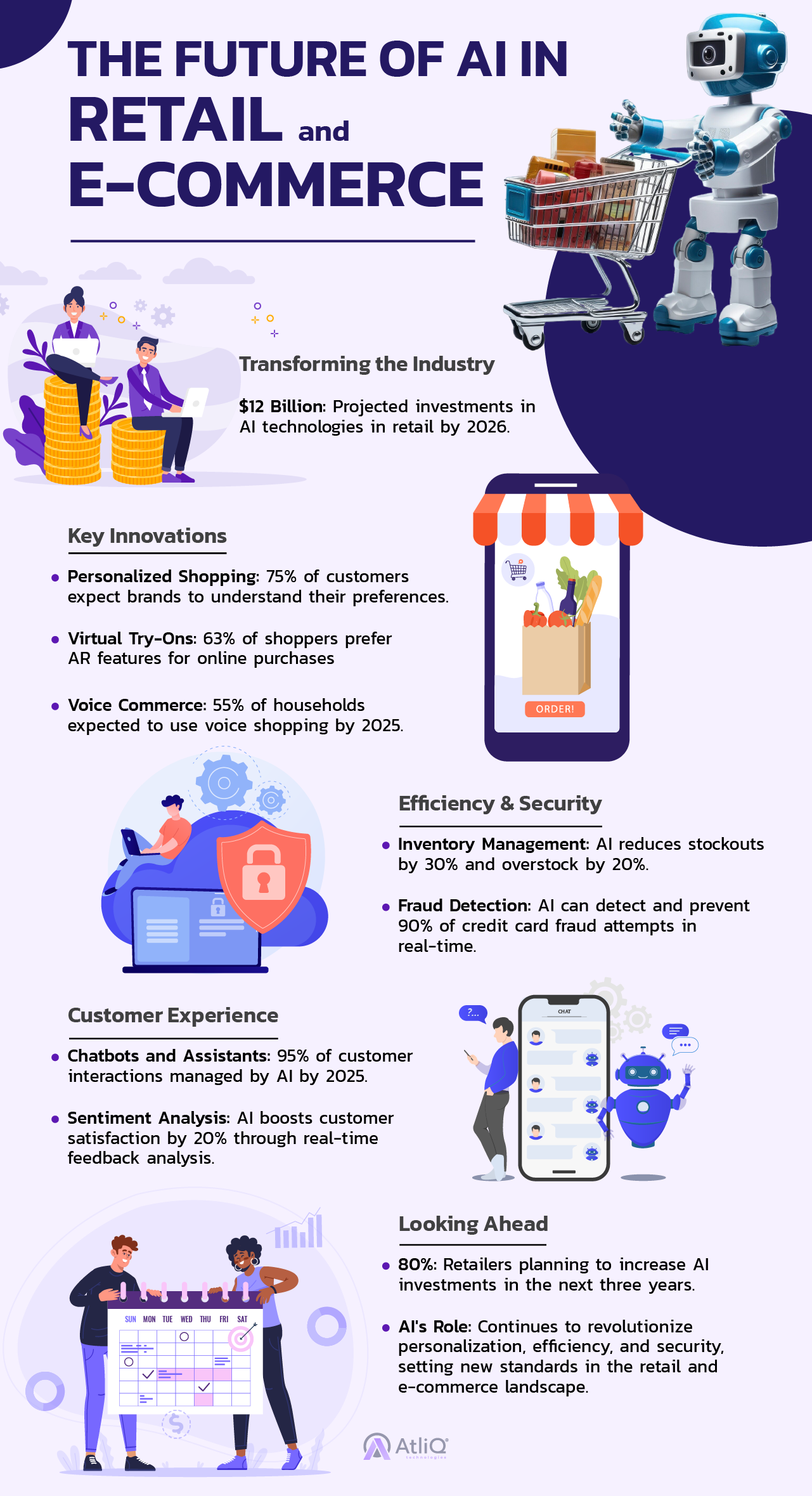
In conclusion, the integration of AI automation marks a profound evolution in retail and e-commerce, fundamentally reshaping the way businesses interact with customers. As we’ve explored throughout this blog, AI-powered technologies such as chatbots, personalized recommendations, and virtual try-ons have not only enhanced operational efficiency but have also personalized the customer journey like never before.
AI’s ability to predict consumer behavior, optimize supply chains, and detect fraud in real-time has enabled retailers to deliver a more seamless and secure shopping experience. By leveraging AI, companies can anticipate customer needs, tailor offerings, and improve overall service quality, thereby fostering customer loyalty and satisfaction.
However, this transformation isn’t without its challenges. Ethical considerations, data privacy concerns, and the need for continuous innovation are critical factors that businesses must navigate as they harness the power of AI. Striking a balance between leveraging AI for competitive advantage while maintaining transparency and trust with customers will be key to long-term success in this rapidly evolving landscape.
Ultimately, embracing AI automation isn’t just about keeping pace with industry trends—it’s about redefining what’s possible in retail and e-commerce, creating smarter, more efficient, and customer-centric businesses that are poised to thrive in the digital age.
